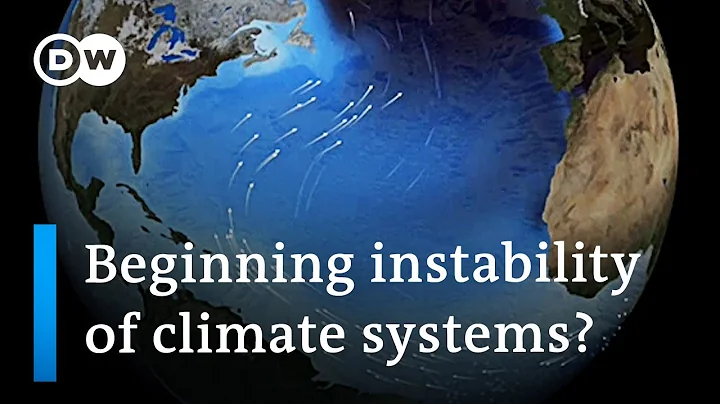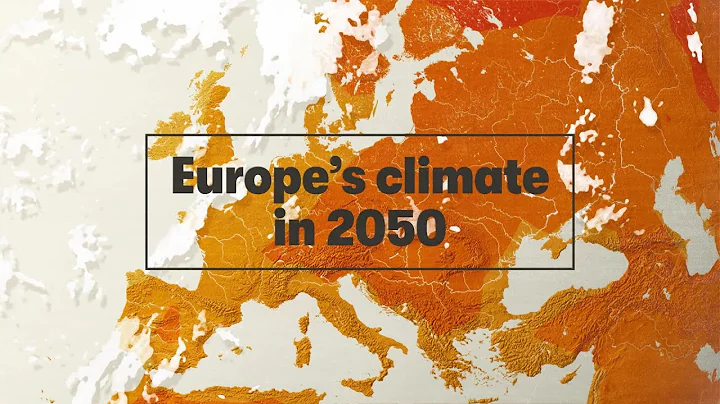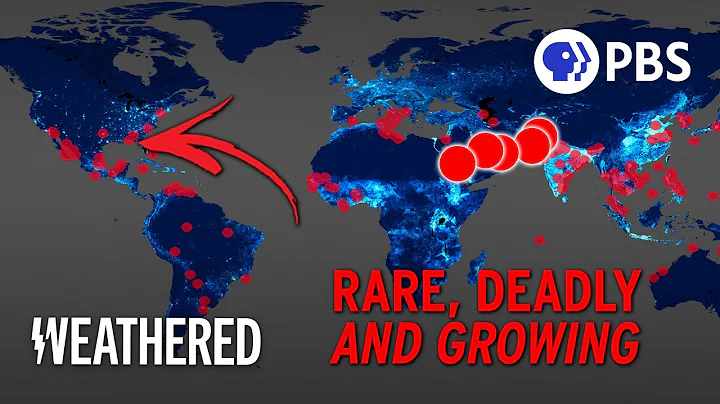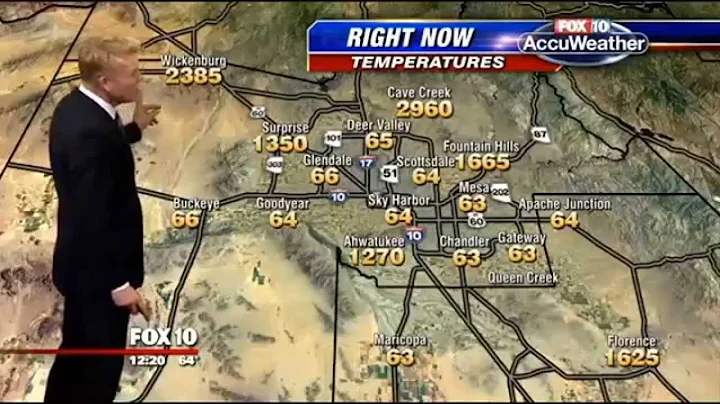What is the empty three
empty three refers to the process of calculating the camera position and attitude of the camera at the time of imaging and the sparse point cloud of the captured target in photogrammetry using the spatial geometric relationship between the image and the captured object through the correspondence between the image point and the captured object. After
processes empty three, it can quickly determine whether the quality of the original data meets the project delivery needs and whether images need to be added or deleted.
22 and 3D reconstruction must first perform three short treatments.

empty three parameters setting
丨Scene
Different scenes correspond to different matching algorithms, and the appropriate scene can be selected according to the shooting method.
Normal: Suitable for most scenes, including tilt photography and orthographed data.
surround: suitable for surrounding shooting scenes, mainly for the reconstruction of small vertical objects, such as base stations, towers, wind turbines , etc.
Power Line: Suitable for scenes where visible light cameras (such as P4R) use Z-shaped vertical wires to capture power lines.
丨Computing mode
If the computer has cluster permissions, you can choose stand-alone computing or cluster computing here.
If the computer only has stand-alone permissions, you cannot see the "Computation Mode" option.
丨Advanced settings
1, feature point density
High: A single image extracts more feature points, suitable for scenarios with high requirements for results accuracy and effect.
Low: A single image extracts fewer feature points, suitable for scenarios such as fast image production.
2, distance of the subject matter
If you are using cluster calculation, you can see the [Distance of the subject matter] setting item here, indicating the distance between the camera and the subject matter when collecting data. If there are multiple different distances, the shortest distance will be taken.
This parameter is used to guide the empty three-part block. The larger the distance of the object to be photographed, the slower the solution of the empty three-part.
3, XML format
can select the output XML format, namely ContextCaptureBlocksExchange. The coordinate system is recommended to be consistent with the second and third-dimensional reconstruction coordinate systems. Most mold revision software requires this file.
Note: xml only supports projection coordinate system, and does not support selection of geographic coordinate system.












